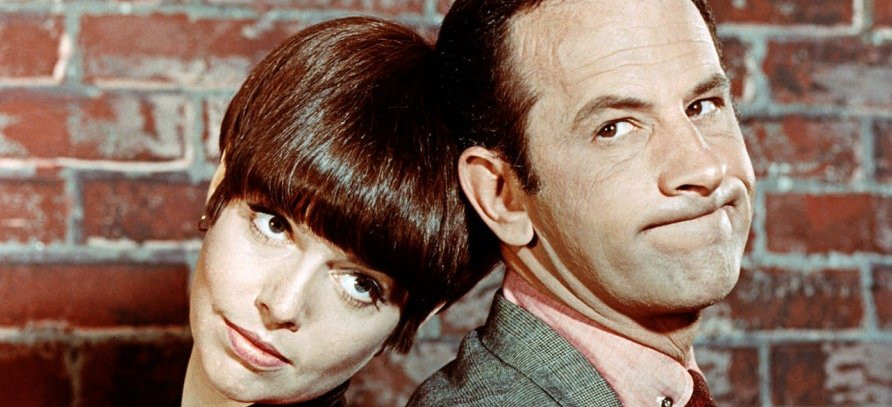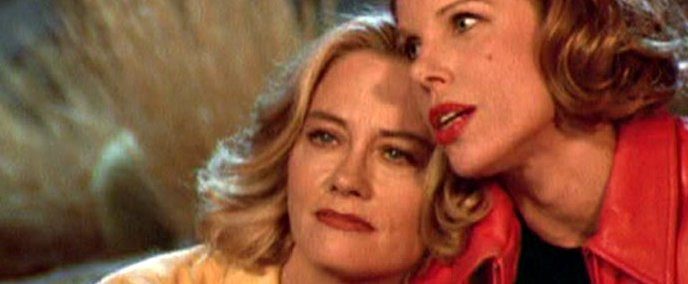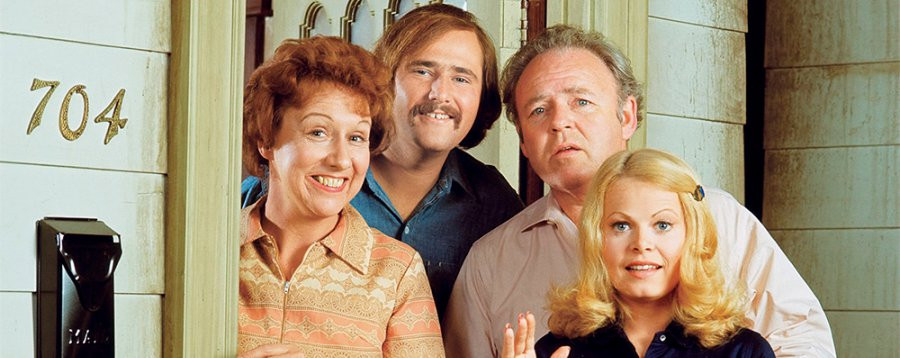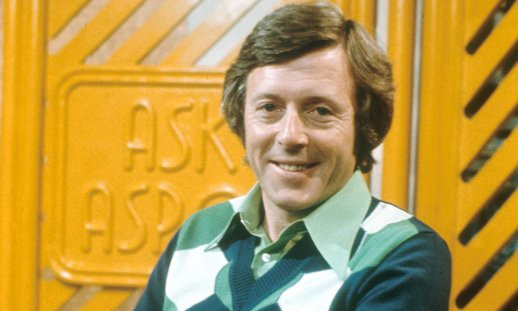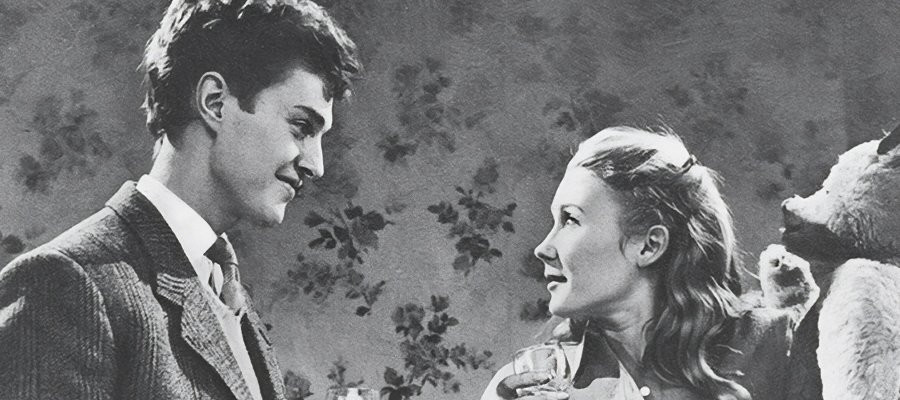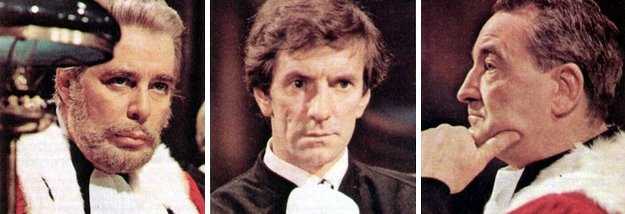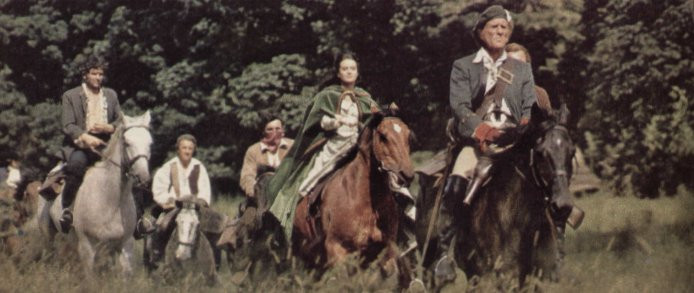
Nanny and the Professor
1970 - United StatesNanny and the Professor was a quirky American series that aired on ABC for three seasons (although it was cancelled in December 1971 halfway through its third run). Aimed primarily at family audiences, it blended light comedy with the fantastical, weaving a narrative about a widowed professor, his sometimes-unruly children and his highly unusual nanny, who, it is hinted at, possesses extraordinary powers. While the series may not have had the longevity of some of its contemporaries, it certainly left an impression for its charm, oddball premise, and unique characters.
The series centres around the household of Professor Howard Everett (Richard Long – The Big Valley), a widowed, kind but somewhat absent-minded academic who teaches at a local university. He lives in a large house with his three children, Hal (a 12-year-old with a fascination for scientific experiment), Butch (8-years and into everything) and Prudence (a 5-year-old musical prodigy who practices the same piano piece incessantly). Howard has had a succession of live-in housekeepers who enter and quickly depart through his front door (the norm is within six weeks), each unable to cope with trying to keep order in a chaotic home.

On the same day that the latest housekeeper has walked out, an enigmatic British woman named Phoebe Figalilly (Juliet Mills – Passions) presents herself at the door, even though the professor hasn’t had time to advertise the now vacant position of nanny. Phoebe, who prefers the title ‘Nanny’ is a woman with a talent for solving problems in ways that defy logic. She seems to have an almost magical quality about her, solving difficulties with an air of calm and poise that no one can quite explain. Her abilities range from a deep intuition about people to what appear to be small moments of telepathy or supernatural insight and an ability to communicate with the household pets (Waldo, the family sheepdog and Myrtle the guinea pig) which adds a whimsical, almost magical layer to an otherwise straightforward family sitcom.
Nanny’s unconventional approach to life brings out a sense of wonder in the children, who are initially unsure about her unorthodox methods but gradually grow to appreciate her warmth and wisdom. The show’s family dynamic, in which the nanny assumes a quasi-parental role, provides the foundation for many of its episodes.
The central theme of the show is one of whimsy and heart, where Phoebe's gentle guidance helps the children—and even their father—discover lessons about life, love, and logic. The series doesn’t delve too deeply into complex issues, but rather focuses on light-hearted problems that allow for easy resolutions, often laced with a dose of magic or absurdity. In this sense, Nanny and the Professor fits within the tradition of family sitcoms of the time, though it carves out its own niche through its emphasis on supernatural charm.
Is Nanny simply a woman with an uncanny ability to solve problems, or does she possess some kind of supernatural power? The ambiguity surrounding this aspect of her character remains a central point of intrigue throughout the series. The show never provides a definitive answer, allowing viewers to draw their own conclusions about her abilities. This sense of mystery was particularly appealing to young viewers, who could marvel at the strange and unexplainable events.
Despite its potential, Nanny and the Professor struggled to gain a substantial following. The series had the misfortune of being released at a time when network television was already crowded with similar family-oriented programmes. While Nanny and the Professor offered a unique blend of gentle comedy and fantasy, it could not quite compete with the long-running success of other iconic 1970s TV shows such as The Brady Bunch or Family Affair. Furthermore, the show’s fantastical elements, though charming, were perhaps too subtle for some viewers who were more accustomed to overtly magical or science fiction-based programming, a genre which was gaining ground at the time.

Mary Poppins it wasn’t (although that's where it most likely drew its inspiration), which is a shame, because the mixture of comedy with supernatural elements could have been more finely tuned to create a more engaging and enchanting narrative. Nevertheless, the performances from the main cast, especially Juliet Mills, were generally well-received. Mills, the daughter of Sir John Mills (who guest starred in a single episode as Uncle Alfred) brought a lovely sense of calm and eccentricity to her role, and her portrayal of the wise and enigmatic nanny was easily the show’s standout feature.
Other guest stars included Elsa Lanchester (who in the thirties played the Bride of Frankenstein and who played the departing nanny in an opening scene of Mary Poppins), Lee Meriwether (Barnaby Jones), Jim Backus (the voice of Mr Magoo), Cesar Romero (Batman) and Jodie Foster (The Silence of the Lambs).
While the series may not have been a visual marvel, it didn’t need to be. Its charm lay more in its characters and the simplicity of its premise rather than any flashy production techniques. In the end, Nanny and the Professor remains a delightful curiosity from the early 1970s television landscape. The series nevertheless holds a special place in the hearts of those who enjoyed its gentle whimsy and the warm-hearted performances of its cast. For those seeking a light, nostalgic romp with a touch of magic, Nanny and the Professor is worth revisiting.
Seen this show? How do you rate it?
Seen this show? How do you rate it?
Published on January 31st, 2025. Written by Laurence Marcus for Television Heaven.


